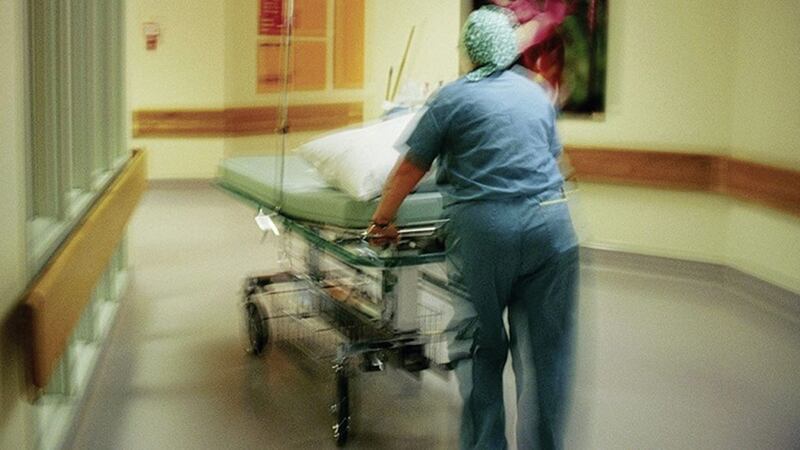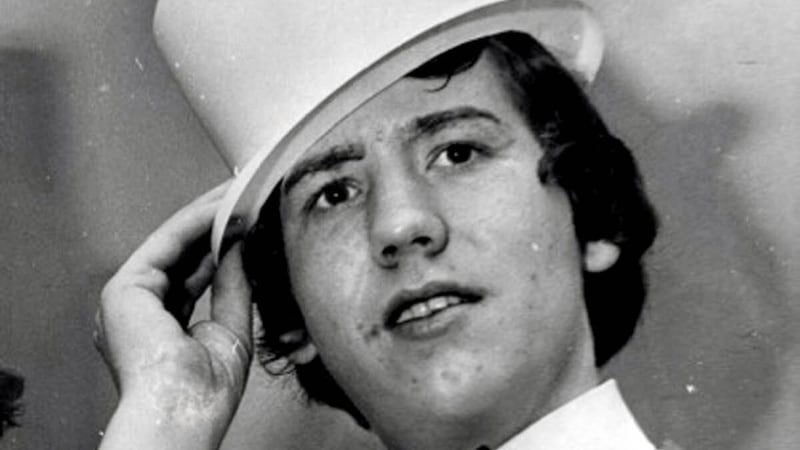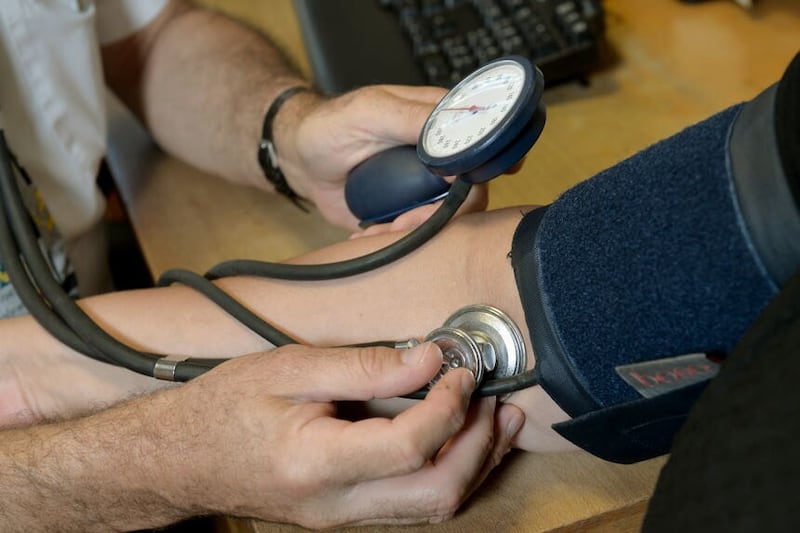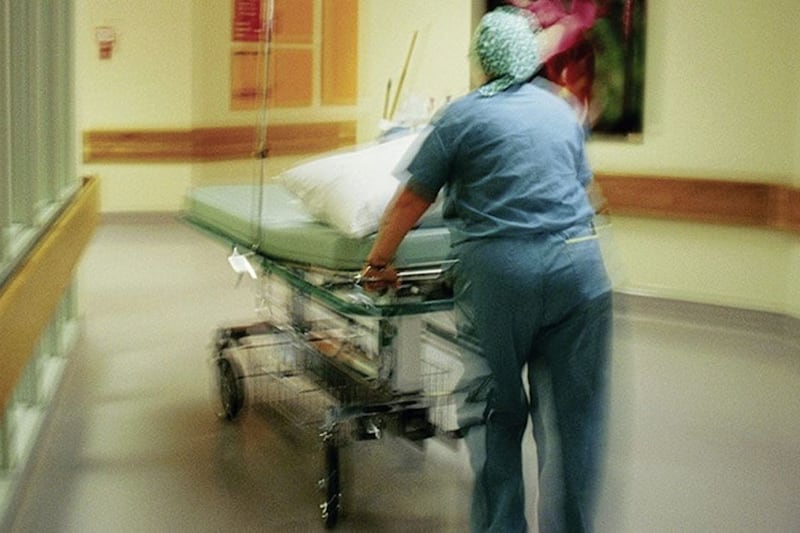A DRIVE to tackle chronic workforce shortages in the health service has started with the appointment of new doctors' assistants - who will help make diagnoses.
Known as 'Physician Associates' (PAs), the scheme has been operating in other parts of the NHS for the past decade but this is this first time it has been introduced in Northern Ireland's health trusts.
They will not replace doctors but work under them and help take patient histories and analyse test results, according to the Department of Health which has funded post-graduate two-year training places at Ulster University (UU).
The first set of 15 graduates will begin their new jobs today.
Some concern had been raised in England that the new junior posts will be used to replace more expensive doctors and impact on patient care.
But the north's most senior medic, Dr Michael McBride, insists the PA role will be central to "meeting the increasing demands on our service" across the hospital and community sector.
Dr Bride said the "unique" skills will bring "great flexibility" to the clinical setting.
"It is this versatility that will enable involvement in emergency medicine, mental health, care of the elderly and many more of our pressurised services," he said.
The UU course began three years ago and entrants are required to have a health related or life sciences degree.
The new PAs cannot prescribe drugs or order X-rays without doctor supervision but can carry out some physical examinations and contribute towards treatment plans.
Many of those based in England previously worked as nurses or paramedics.
The development comes during an unprecedented crisis in the north's health service, with the worst waiting lists in the NHS and a record level of empty nursing posts.
Increased pressures on GPs has led to the closure of some rural surgeries while there a huge reliance on expensive locum doctors in hospitals, particularly in A&E units, due to recruitment problems.
Richard Pengelly, permanent secretary at the Department of Health, said the introduction of the new posts was an important part of its "transformation agenda".
Professor Paddy Nixon, UU vice-chancellor and president, described the employment of the new graduates as an "important milestone" not just for the individuals and the healthcare system but also "for the patients, right across the region who will benefit from their skills and professionalism.”




